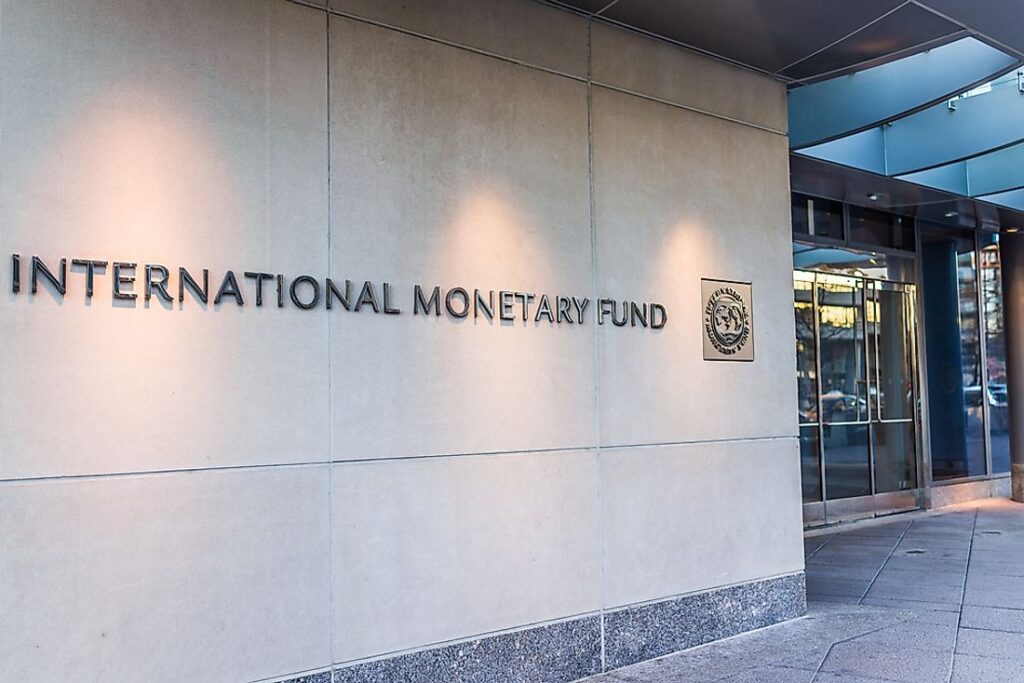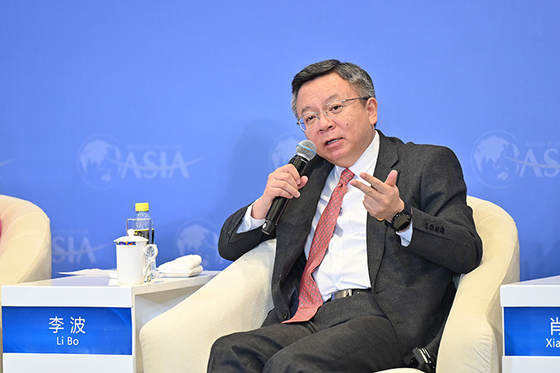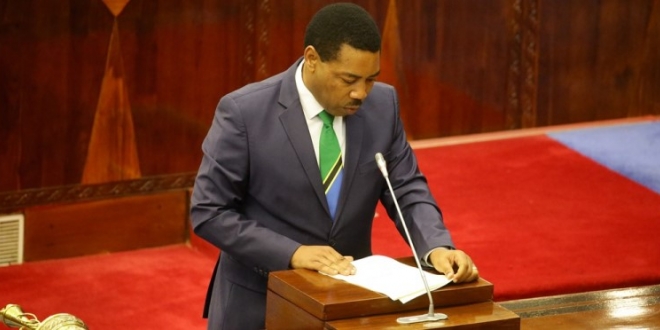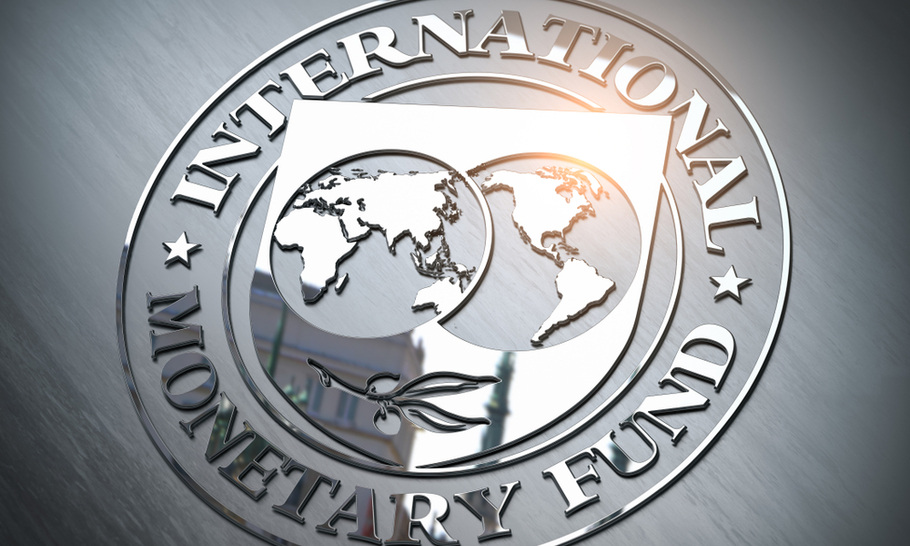
The Executive Board of the International Monetary Fund (IMF) on Tuesday 7th-September-2021 approved emergency financing that will help Tanzania address its urgent balance of payment needs emerging from the outbreak of the COVID-19 pandemic.
The board approved a disbursement of US $189.08 million under the Rapid Credit facility (RCF) and a purchase equivalent to US $378.17 million under the Rapid Financing Instrument (RFI), which totals to US $567.25 million.

According to a statement issued on September 7, 2021 by IMF’s Deputy Managing Director and Chair, Mr. Bo Li, Tanzania’s economic outlook has deteriorated due to the impact of the COVID-19 pandemic. He said the outbreak has led to the collapse of the tourism sector and amplified the need for significant financing to tackle the health and economic effects of the pandemic.
The IMF says that with the collapse of the sector in the wake of travel restrictions, the economy reportedly slow down to 4.8 percent growth in 2020, and that growth is expected to remain subdued in 2021.
“The COVID-19 pandemic has negatively impacted Tanzania’s macroeconomic outlook, and the health and wellbeing of its population. Growth decelerated in 2020 and is expected to remain subdued in 2021, increasing poverty and negatively affecting employment. Tanzania’s risk of external and public debt distress increased to moderate, mainly due to the pandemic’s effect on tourism exports. Tanzania’s macroeconomic outlook hinges on satisfactorily addressing the pandemic, but significant downside risks remain due to uncertainties surrounding the course of the pandemic.” read part of the statement.
IMF data shows that Tanzania faces an urgent balance of payment need of about 1.5 percent of GDP as the authorities implement a comprehensive plan to mitigate the effects of the pandemic and preserve macroeconomic stability in the face of a reported third wave.
The IMF says that temporarily loosening macroeconomic and financial policies will mitigate the pandemic’s adverse impact in Tanzania, by deploying a vaccination campaign, increasing health and social spending, and supporting the private sector.
” Emergency support under the Rapid Credit Facility and Rapid Financing Instrument will substantially contribute to filling immediate external financing needs and help catalyze donor support…Prioritizing the health response, strengthening coordination and transparency to ensure that funds received are spent on fighting the pandemic, and regularly and transparently reporting epidemiological data will be critical for the plan’s success.”
Said IMF Deputy Managing Director and Chair, Mr. Bo Li.

While presenting in parliament the budget for the fiscal year 2021/22 in June, Tanzania’s Finance Minister, Mwigulu Nchemba, said the country just like any other in the world has been affected economically and socially due to the outbreak of COVID-19, especially in key sectors including health, tourism, trade, transportation, arts and entertainment.
Nchemba said this led the government to enter the negotiations with IMF for the provision of a $571 million RCF loan as a concessional one to address the economic and social impact of the pandemic.
The US$567.25 million IMF has now approved for Tanzania in emergency financial assistance under the Rapid Credit Facility and Rapid Financing Instrument is also expected to play a catalytic role in the efforts of authorities to mobilize additional support from development partners.
Authorities have also committed to strengthening governance and transparency in Tanzania to ensure that the financial resources are efficiently spent on addressing the crisis; the authorities have indicated that they are committed to pursuing economic policies appropriate for addressing the impact of the pandemic and strengthening coordination and transparency to ensure that RCF and RFI resources are spent on fighting the pandemic.
These measures include publishing reports of RCF and RFI resources spent and undertaking a post-crisis audit of all pandemic-related spending.

The IMF says that maintaining fiscal and debt sustainability, and preserving financial stability, while supporting the economy, will be important for Tanzania. This means that it will be crucial to monitor the banking system’s health in light of increased sector vulnerabilities.
On June 28, 2021, the Executive Board of the International Monetary Fund (IMF) also approved a 36-month arrangement under the Extended Credit Facility (ECF) for Uganda in an amount equivalent to about US $1 billion to support the post-COVID-19 recovery. Approval of the ECF arrangement enabled immediate disbursement of about US $258 million, usable for budget support.
This followed Fund emergency support to Uganda under the Rapid Credit Facility (RCF) in May 2020 of US $491.5 million.






